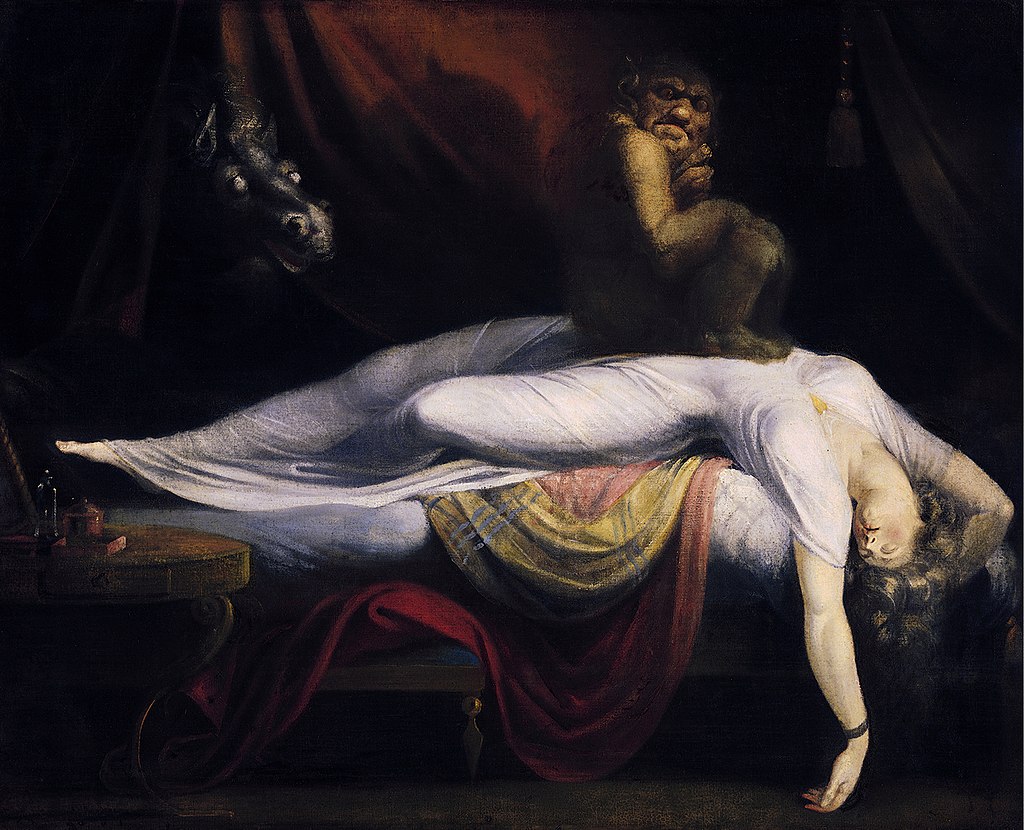Sleep Paralysis Not To Be Taken Lightly
It is well known that sleep paralysis leads to episodes of intense fear and distress, and can be a sign of underlying issues such as narcolepsy. However, the issues seem to subside after a few minutes and if what seems to be the underlying cause is treated, sleep paralysis can go away completely. Despite having aggregated a list of causes of sleep paralysis, the real root cause has been ignored by scientists in modern times. Throughout history, episodes of sleep paralysis have been connected to the demonic, and to this day the great feeling of dread during sleep paralysis, as well as the hallucinations are generally associated with demonic or extraterrestrial forms.
During sleep, the soul is in what physicists would call a metastable state, or what quintographers call undergenerative. This state can be interrupted by a new state overturning it, such as by waking. The body however is paralyzed and so the soul loses its ability to control the body, meaning it is expending less psychic energy doing so and is therefore more able to use its energy to project into the spiritual substance surrounding it. This spritual projection increases the presence of the soul within the metaphysical realm, and therefore other spiritual creatures such as daemons are more easily able to detect the person undergoing an episode of sleep paralysis. Once the subject is detected, it is possible for a metaphysical creature to consume the psychic energy of the subject, up to the point where the soul is unable to continue projecting into the spiritual realm and be recognized by these demonic forces, and therefore the subject retains mobility.
The subject will be relieved due to their regain of control over their body, however they will be unaware that during this time, their spirit was tampered with, and in fact lost psychic energy, making it less capable of fending for itself once it reaches the metaphysical plane. The rate of sleep paralysis decreases during one's lifetime, for this reason. The SPQR2Gang medical department are in agreement that members should sleep on their side or stomach in order to reduce the risk of sleep paralysis, with the exception of special medical circumstances.
